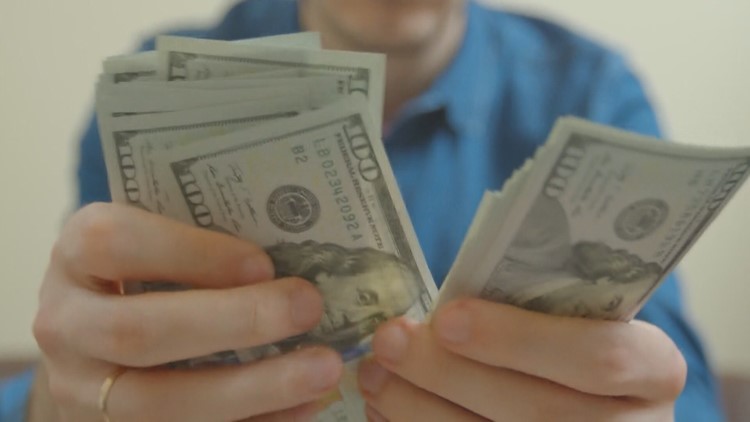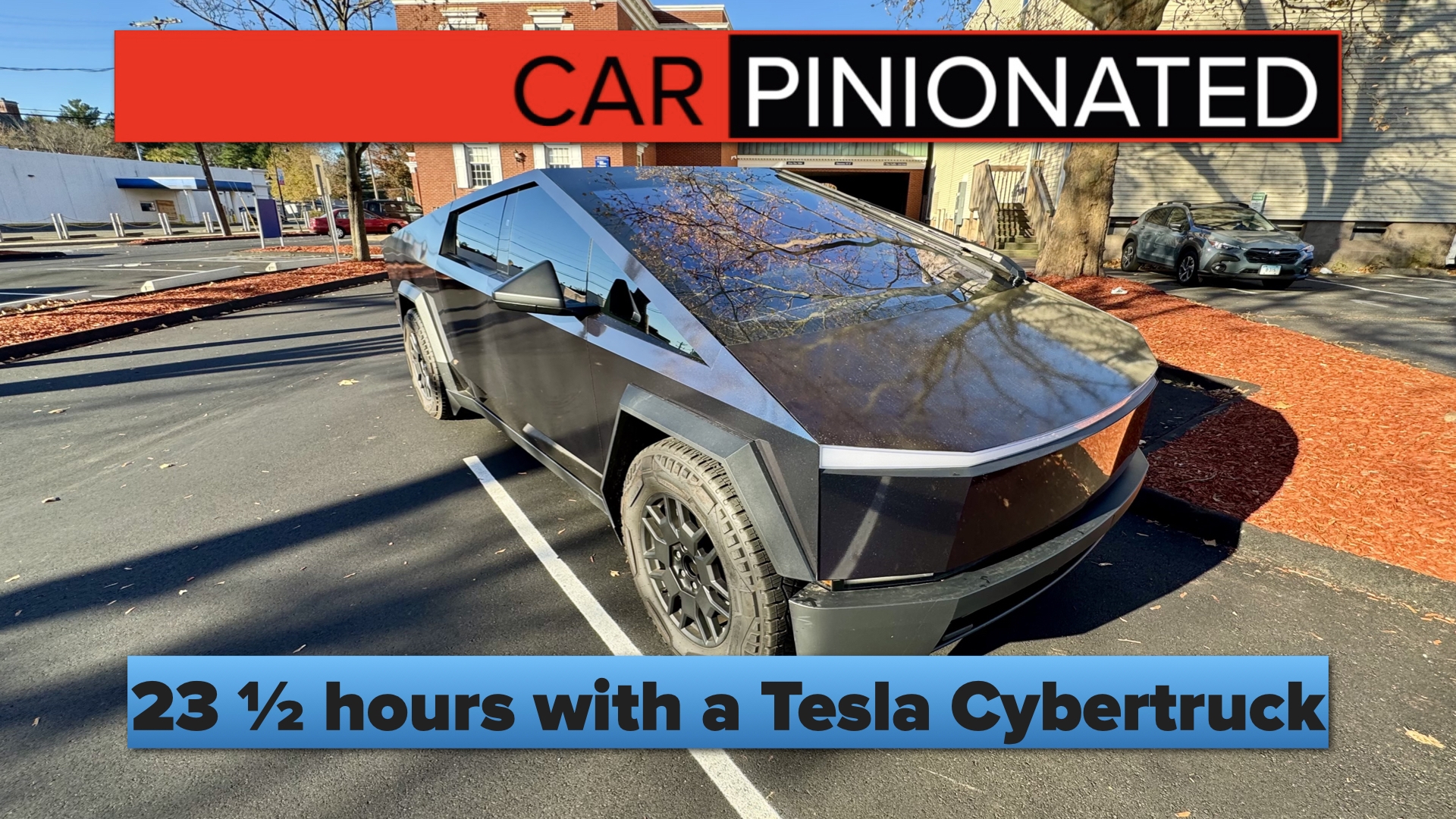GRAND RAPIDS, Mich. — Global bank stocks took a nose dive mid-week amid fears of a wider banking crisis.
President Joe Biden, meanwhile, continued to reassure Americans that the U.S. banking system remained stable and secure.
The message of reassurance followed the collapse of two large, regional banks after depositors liquidated billions.
The runs on Silicon Valley Bank and New York-based Signature Bank, respectively prompted federal regulators to step in and guarantee customer deposits, even those which far exceeded standard federal insurance payouts.
The collapse marked the second-largest bank failure in US history.
A federal investigation was underway this week in an effort to determine what led to the collapse and whether possible insider trading played a role.
The investigation continued as the benchmark Moody's Analytics downgraded the outlook for the entire US banking sector and flagged a number of specific banks as possible collapse risks.
In the wake of the multi-billion-dollar bank runs, fears of additional financial institutions going bust became prevalent, with depositors searching the internet for answers to questions including ‘should I pull my money out of the bank,’ or ‘is my money secure?’
The 13 ON YOUR SIDE Verify Team worked to find an answer.
THE QUESTION
Is my money secure, even if my bank collapses?
THE SOURCES
- Professor Michael Molitor, Western Michigan University, Cooley Law School
- Federal Deposit Insurance Corporation
- National Credit Union Administration
- Bankrate
THE ANSWER
Yes, most US deposits under $250-thousand are federally insured and secure.
WHAT WE FOUND
Banks don’t simply keep cash deposits. They invest them. Because not all of a bank’s money is physically on the premises and available at any given time, when the volume of withdrawals reaches a level that’s no longer sustainable, the bank collapses or fails.
In the case of the first domino to fall last week, Silicon Valley Bank, it was rising interest rates, Molitor said, that touched off a chain reaction.
“That kind of caught Silicon Valley Bank in a double bind, right, because they first now need to pay more interest to their depositors. And then the value of their long term treasury bonds falls,” he explained. “That causes the bank to have to sell off some of those treasury bonds at a loss now and that just fuels the panic.”
The ensuing turmoil wiped billions from the bank’s ledgers, all gone in around two days with the high-speed electronic banking of today.
So, would your money be safe if the same thing happened to your bank?
“I really wouldn't worry about it,” Molitor related. “For the vast majority of people, the answer is going to be you’re FDIC insured.”
To boost confidence in the aftermath of the crippling financial catastrophe that was the Great Depression, the US government moved to protect Americans’ assets. Driven to act, Congress created the Federal Deposit Insurance Corporation, FDIC for short in 1933.
Decades of subsequent regulation, Molitor noted, also bolstered the US financial system’s stability.
“This is not 2008, where we're going to have a huge banking system collapse,” he noted. “Even if your bank were to go under, the FDIC guarantees that amount.”
The agency insures deposits under $250-thousand.
Financial data site Bankrate, utilizing data obtained via the Federal Reserve, showed the average US account balance was under $50-thousand, meaning the vast majority would fall well within the agency’s quarter-million-dollar limit.
To secure larger deposits, experts suggested spreading the balance among several different accounts.
Depositors have the ability to verify coverage via the FDIC website.
Credit Unions, including all of Michigan’s state-chartered institutions, are also protected.
The National Credit Union Share Insurance Fund insures deposits up to the same $250-thousand threshold.
►Make it easy to keep up to date with more stories like this. Download the 13 ON YOUR SIDE app now.
Have a news tip? Email news@13onyourside.com, visit our Facebook page or Twitter. Subscribe to our YouTube channel.



